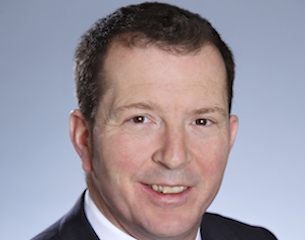More than four-fifths (81%) of respondents in their 30s contribute to a workplace pension compared to 72% of those in their 40s, according to research by asset management firm Fidelity Worldwide Investment.

Its study, which surveyed 1,000 UK adults aged 30-49 in June 2015, also revealed that a greater number of those aged in their 30s (76%) are actively thinking about their retirement planning than those in their 40s (69%).
The research also found:
- Of respondents in their 30s that hold any type of pension product, just 8% are not currently contributing anything into a pension. This increases to 18% of respondents in the older age bracket.
- 82% of respondents aged 30-39 personally contribute 5% or more of their monthly salary to their pension. This compares to 72% of respondents aged 40-49.
- 22% of those in their 40s are unsure how much they contribute to their pensions each month, while just 12% of respondents in the younger age bracket cannot say how much they contribute.
- Around a quarter of respondents in both age groups (24% of those in their 30s and 25% of those in their 40s) are unsure where most of their retirement income will come from.
Richard Parkin (pictured), head of retirement at Fidelity Worldwide Investment, said: “You would normally think that people who are closer to retirement would automatically be more engaged with the issues, however, our research has shown this is not the case.
“There are a variety of reasons why. People in their 40s may be facing greater financial and family commitments that divert their attention and it would be unfair to ignore the very real costs and demands that people face.”
“Our research does however show a great success for what the auto-enrolment policy was aiming to achieve, namely an increase in participation in workplace pension saving.
With people so unsure in both age groups about where they are going to get their retirement income, it’s clear that harnessing inertia from ‘do nothing, get nothing’ to ‘do nothing, get something’ has had a genuine impact with only 6% in each group saying they contribute nothing to a workplace pension.”